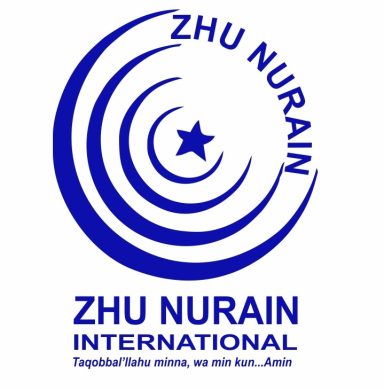
Seasonal Events
The month of Ramadan is a significant period in the Islamic calendar, marked by the revelation of the Qur’an. As stated in Surat Al-Baqarah 2:185,
“The month of Ramadhan [is that] in which was revealed the Qur’an, a guidance for the people and clear proofs of guidance and criterion. Therefore, whoever sights [the new moon of] the month, let him fast it, and whoever is ill or on a journey - then an equal number of other days. Allah intends for you ease and does not intend for you hardship and [wants] for you to complete the period and to glorify Allah for that [to] which He has guided you, and perhaps you will be grateful”.
Fasting during Ramadan is a practice prescribed to believers, as mentioned in Surat Al-Baqarah 2:183:
“O you who believe, fasting has been prescribed for you as it was prescribed for people before you so that you may attain Taqwa”. This act of fasting is not only a physical exercise but also a spiritual one, aimed at developing self-restraint and piety.
One of the most significant nights in Ramadan is Laylat al-Qadr, described in Al-Qadr 97:1-5:
“The Night of Al-Qadr is better than a thousand months. Therein descend the angels and the Rooh [Jibreel (Gabriel)] by Allah’s Permission with all Decrees, there is peace until the appearance of dawn”.
This night, often referred to as the Night of Power, is believed to be when the Qur’an was first revealed and is a time of intense prayer and reflection. Ramadan is a month of fasting from dawn until sunset, where Muslims abstain from eating, drinking, smoking, and other physical needs. This period is intended to purify the soul and bring believers closer to Allah (SWT). The Qur’an emphasizes the benefits of fasting, stating,
“…But to fast is best for you, if you only knew” (Surat Al-Baqarah 2:184).
Modern science and medicine have also highlighted the health benefits of fasting, such as improved brain function and digestive health. Fasting is seen as a way to cleanse the body and rejuvenate the mind.
The revelation of the Qur’an to Prophet Mohammed (PBUH) during Ramadan is a cornerstone of the faith, providing guidance on living a righteous life. As the Qur’an states,
“Allah is with those who restrain themselves” (Quran 16:128).
Fasting teaches believers to control their desires and focus on spiritual growth, making it a beloved act in the eyes of Allah (SWT).
In summary, Ramadan is a time for Muslims to engage in fasting, prayer, and reflection, aiming to attain Taqwa and strengthen their relationship with Allah. The month is rich with spiritual significance and offers numerous benefits, both physical and spiritual. Surat Al-Baqarah 2:185, Surat Al-Baqarah 2:183, Al-Qadr 97:1-5, Surat Al-Baqarah 2:184, Quran 16:128
"Allah has made Laylat al-Qadr in this month, which is better than a thousand months, as Allah says...The Night of Al-Qadr is better than a thousand months. Therein descend the angels and the Rooh [Jibreel (Gabriel)] by Allah’s Permission with all Decrees, there is peace until the appearance of dawn." -- Al-Qadar 97:1-5
Laylat-ul-Qadr is the prized jewel of Ramadan. This night carries more blessings than a thousand months. Muslims spend this night in prayer and meditation.
We need your consent to load the translations
We use a third-party service to translate the website content that may collect data about your activity. Please review the details in the privacy policy and accept the service to view the translations.

